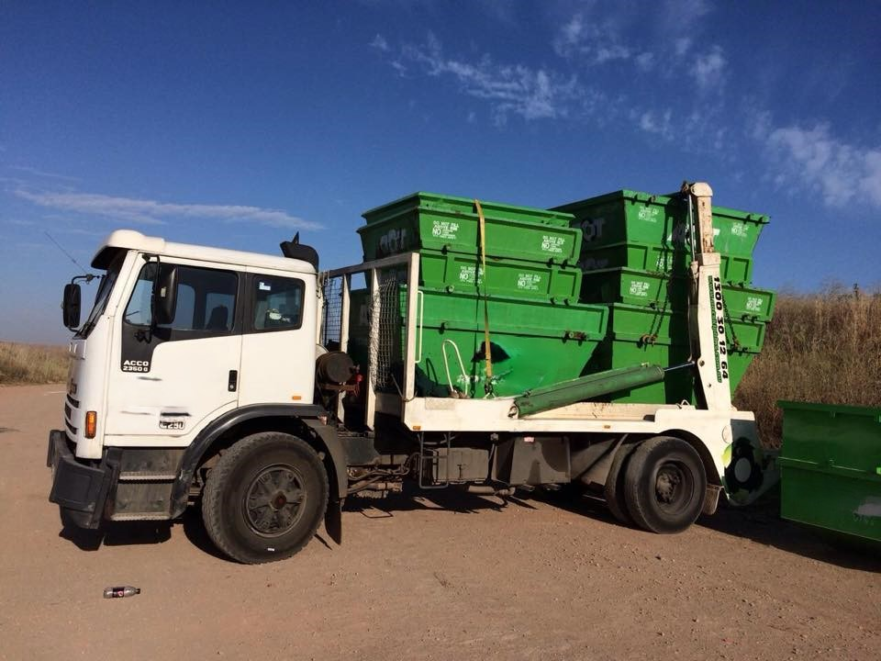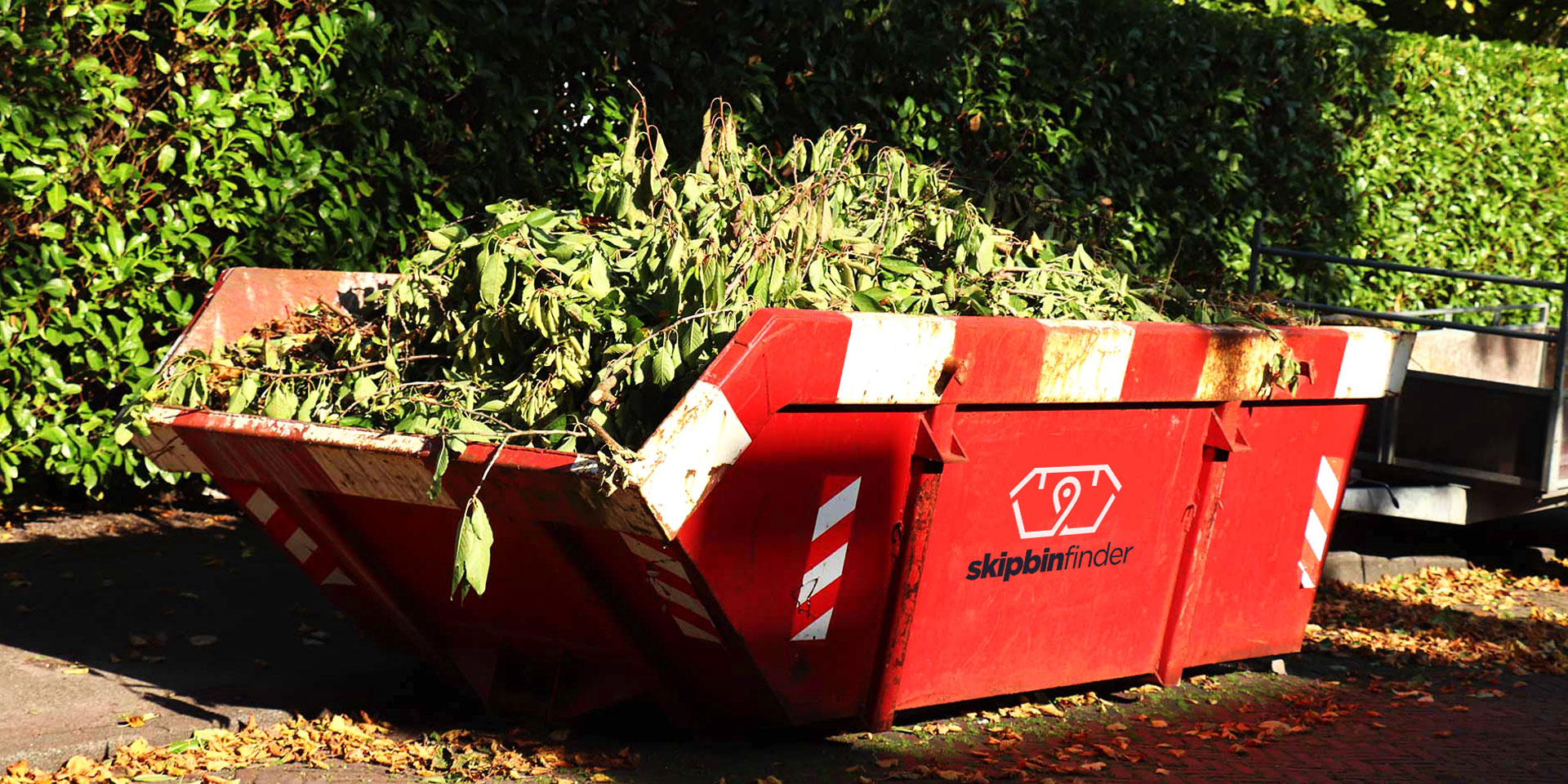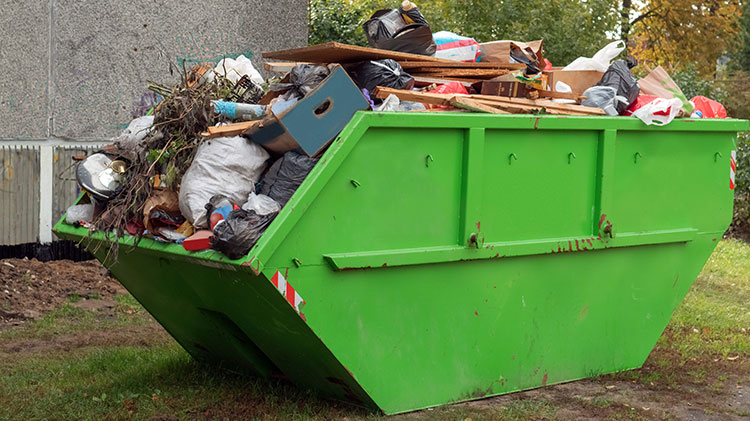Guaranteed Next Day Delivery!

How to Know if You Should Use Skip Bins or Dumpster
There’s no more efficient way to dispose of waste than using skip bins and dumpsters, especially when working on construction sites. They’re large, open and easy to throw your waste into. And once they’re full, someone comes along and takes it away. Too easy!
However, which to choose—skip bin or dumpster? This depends on the type and amount of waste you’re dealing with.
Here are some common scenarios where each option might come into play:
- Home Renovations and DIY Projects: Renovating your kitchen, bathroom, or entire home can be a time to order a skip bin, which come in various sizes and can be delivered direct to your driveway.
- Construction Sites: An obvious one; construction sites produce significant and varying amounts of waste, such as concrete, timber, and metal. Whilst either option could work here, the versatility of skip bins available makes them the better choice.
- Landscaping: Landscape designers and gardeners will often hire skip bins for clearing trees, shrubs, and garden waste.
- Business & Commercial Waste: Certain retail stores and commercial office buildings can generate ongoing waste that needs regular collection. Both dumpsters and skip bins can be used in these situations, depending on the volume of rubbish.
- Spring Cleaning, Decluttering and Refurbishing: Skip bins come in handy if you’re clearing out old furniture, clothes, and household items.
What is a Skip Bin?
Skip bins are large, open-topped metal waste disposal containers designed for temporary use at residential, commercial, and construction sites. A skip bin operator will hire these out, deliver them by truck and place them at your site in a convenient spot. This could be in your driveway, front yard or even on the road, permission allowing.
Then, once full, the skip bin rental operator collects the bin and transports it to a waste or recycling facility on your behalf for added efficiency.
 Skin bins come in a range of sizes, including:
Skin bins come in a range of sizes, including:
Mini skip bins
- 2m³ Mini Skip Bin: Small clean-up jobs like garden waste, minor home decluttering, or small DIY projects.
- 3m³ Skip Bin: Slightly larger home projects, such as a kitchen renovation or a spring cleanout.
- 4m³ Skip Bin: Medium-sized renovation projects or clearing out multiple rooms of furniture.
Medium skip bins
- 6m³ Skip Bin: Larger home renovations, construction debris, and bigger decluttering projects.
- 8m³ Skip Bin: Commercial cleanups and larger renovation/home extension jobs.
Large skip bins
- 10m³ Skip Bin: Large construction and demolition projects, especially if heavy materials like concrete are involved.
- 12m³ Skip Bin: Commercial and industrial purposes disposing of heavy materials.
- 15m³ – 30m³ Hook Bins: These large bins are often referred to as “hook lift bins” and are commonly used on construction sites or for large-scale demolition projects.
What is a Dumpster?
A dumpster is another large, heavy-duty waste container. However, where skip bins are designed for temporary use, a dumpster is for ongoing or high-capacity waste management. Unlike skip bins, dumpsters often have lids to contain waste and wheels for mobility.
They are typically rented on a long-term basis for commercial and industrial purposes, along with multi-unit residential properties. They are regularly emptied by waste collection trucks.
Dumpsters come in a range of sizes designed for varying purposes, such as:
- 2-Yard Dumpster: For small businesses, cafés, and retail stores with limited daily waste.
- 4-Yard Dumpster: For small to medium-sized businesses, restaurants, and small apartment complexes.
- 6-Yard Dumpster: For medium-sized retail stores, small construction sites, and multi-unit housing complexes.
- 10-Yard Roll-Off Dumpster: For small construction and renovation projects, garage cleanouts, or yard waste removal.
- 20-Yard Roll-Off Dumpster: For medium-sized construction projects, large renovations, or roofing projects.
- 30-Yard Roll-Off Dumpster: For large-scale construction, demolition, and estate cleanouts.
- 40-Yard Roll-Off Dumpster: For major construction and demolition projects, large commercial cleanouts of industrial-scale waste removal.
Comparing Skip Bins and Dumpsters
Choosing the right waste disposal option for your needs is more important than you might realise. Choosing the wrong type or size can lead to paying more than you need to or dealing with overflowing waste that won’t fit. As such, it’s wise to weigh up your situation and specific needs.
Size and Capacity Comparison
When it comes to size, skip bins and dumpsters offer different options.
As discussed, skip bins range in size from 2m³ to 30m³ and are perfect for short-term use or one-off projects. Think home renovations, yard cleanups, and small to larger construction jobs.
Whereas dumpsters range from 2 yards to 40 yards and are designed for ongoing waste collection. If you’re a business owner or managing apartment complexes or large construction sites that require regular waste disposal, then a dumpster could be more appropriate.
Waste Types Accepted
While skip bins are perfect for general household waste, garden debris, construction materials, and light renovation rubbish, they typically have restrictions in Australia on hazardous materials to the environment, including:
- Asbestos
- Chemicals
- Medical waste
Dumpsters also have similar restrictions, with hazardous waste, oils, and certain electronics often prohibited.
In Australia, both skip bins and dumpsters are regulated to ensure safe disposal. Local councils enforce strict rules on what can and can’t be disposed of. As a result, it’s wise to check with your provider for specific guidelines on what you can dispose of and any permits required.
Cost Differences
A few factors determine the cost of skip bin and dumpster service:
- Size required
- Location and accessibility
- Type of waste
- Duration of hire
Visit the Skip Bin Finder website today for a quote based on your specific needs and situation.
Tips to Save on Waste Disposal
The best tip to save on waste disposal is to consult with your skip bin provider (or builder if you have one) about the project. They will be able to give you expert advice on what bin size will be appropriate, helping you avoid overestimating your waste needs.
Depending on the type of project, you may also be able to bundle with neighbours or businesses and share a bin for large cleanups.
Convenience and Accessibility
Residential skip bin:
If you’re a homeowner renovating your kitchen, you might find a skip bin easier to place in your driveway. If you can use your driveway, it doesn’t require permits in most cases.
Commercial Example:
If you’re a busy retail store owner or office complex manager, a dumpster may be the better option. There is usually a designated area that it can be placed in for easier access for employees or contractors to dispose of waste regularly.
Both options offer flexibility, but your specific needs will dictate the most convenient choice.
 When to Use Skip Bins
When to Use Skip Bins
As you’ve likely learned by now, skip bins are best utilised for home renovations, garden cleanups, spring cleaning, and small DIY projects. Consider the amount and type of waste you need to dispose of. If your project is short-term, or you have limited space, a skip bin is likely the best choice.
When to Use Dumpsters
However, if you’re involved in ongoing commercial waste management such as at multi-unit residential, then you might want to consider a dumpster. If your project is long-term or generates large volumes of waste regularly, opt for a dumpster.
Choosing the Right Option for Your Project
Choosing the correct waste disposal option ensures smooth and convenient waste handling, as well as saving you money by not over or underestimating your disposal needs.
Always evaluate your project’s size, duration, and waste type to make the best decision for your needs. Consider both cost and convenience to select the most suitable option.
We recommend consulting a trusted provider before making your choice. Here at Skip Bin Finder, we have waste options for all different kinds of projects and can help you find the very best solution for your situation.

